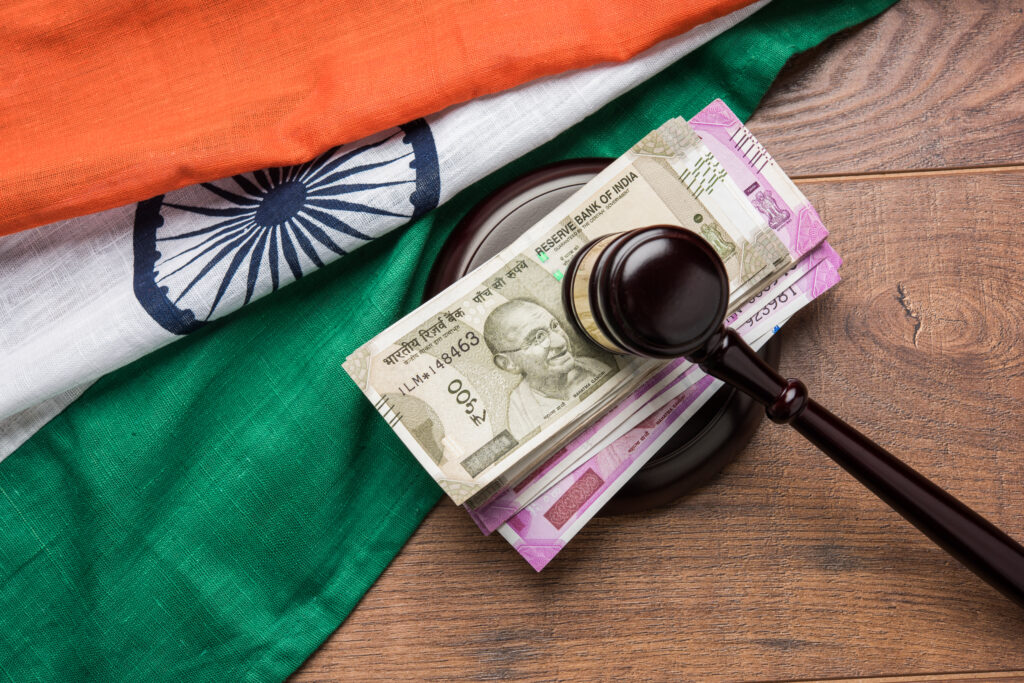India has grown tremendously in the 75 years since its independence. Today, the country is an economic powerhouse, with substantial advances made in agriculture, space technology, manufacturing, and services industries. Availability and affordability of healthcare has improved for everybody. In these 75 years, millions have been brought out of abject poverty. In 1947 India’s nominal GDP was merely ₹ 2.7 Lakh Crore , today the nominal GDP stands at about ₹ 270 Lakh Crore. 75 years ago our economy was growing only at about 2 to 3%, today we are clocking in a growth rate of 7 to 8% constantly, making us one of the fastest growing economies. Indeed we have come far away as a country to become self-reliant and financially strong.
A large body of evidence suggests that the development of the financial sector has a significant impact on economic development. It fosters economic growth through capital accumulation and technical progress by increasing the savings rate, mobilizing and pooling funds, producing investment information, facilitating and encouraging foreign capital inflows, and optimizing capital allocation. The regulatory bodies in India namely RBI and SEBI have brought in a lot of regulations and facilities to make the investment products readily available and safe for all. The next 25 years will not only be crucial for the development of our country but also it provides us an opportunity to be a part of this glorious story. India will continue to be one of the fastest growing economies and hence we can plan our financial independence by investing in a gamut of instruments that are readily available for all.
Meaning of Financial Freedom & Ways to achieve it.
Financial independence is about having control over your finances. So, one of the better ways to define financial freedom is to have enough residual income to live the life you desire without worrying about how you’ll pay your bills or deal with an unexpected expense. To put it another way, financial independence does not always imply being wealthy. Instead, having control over your financial present and future is more important. The following are the most important steps in achieving financial independence:
- Knowing where you are now is the first step on the journey to financial freedom. This includes knowing how much debt you have, your accumulated savings, monthly costs, income, and so forth.
- Keeping track of your costs is a critical step toward financial independence since it holds you accountable. It also uncovers many unnecessary purchases that you make solely on the basis of an impulse purchase. An impulse purchase represents a loss of control and serves as a roadblock to financial freedom.
- Put a specific amount of money in your savings or investment account before paying bills, discretionary expenses, rent, and so on. This works because it encourages you to look for options to reduce your expenses.
- Paying off a large debt contributes to financial freedom in more than one way. After all, you have greater future cash flow at your disposal. Most significantly, completing a loan removes a tremendous burden from your shoulders.
- Investing is the final and most forward-thinking step toward financial freedom. The first step is to invest as much as you can as soon as possible, allowing the power of compounding to work for you.



